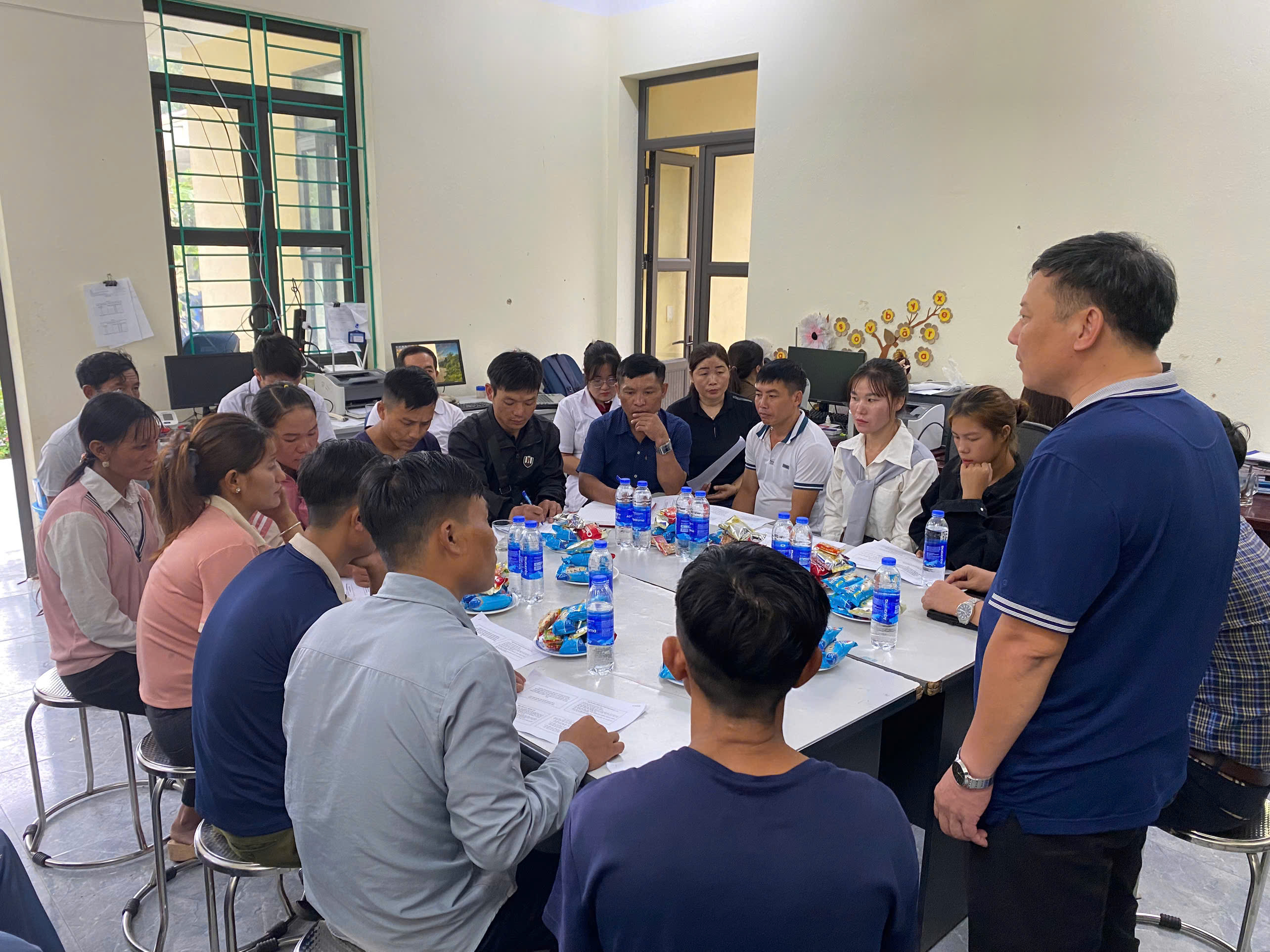
At the 2014 East Asia Summit, heads of government from the region committed to the goal of an Asia Pacific free of malaria by 2030 and endorsed the APLMA Malaria Elimination Roadmap as a framework to achieve this visionary goal. The APLMA Leaders’ Dashboard tracks the progress made against the Roadmap priority actions and highlights key policy challenges that countries will need to address to accelerate towards elimination.
The region has seen remarkable progress towards the malaria elimination goal. From a neglected issue in 2012, all nations across Asia and the Pacific now have strategies aimed at elimination by 2030 or even sooner. Sri Lanka was certified malaria-free in September 2016, and China has reported no indigenous cases since 2017. Since 2018, there have been no human cases in Malaysia and Timor-Leste. In addition, eight other countries in the region have reported less than 10,000 cases in 2018. Bhutan, Cambodia, China, Democratic Republic of Korea, Malaysia, Nepal, Republic of Korea, Sri Lanka, Timor Leste, Vanuatu have reported zero malaria deaths. This year, eight countries in the region have turned green across eleven policy milestones of the Dashboard.
The APLMA Leaders’ Dashboard 2019 was launched on the 16 July 2020. At the launch, senior government officials highlighted the progress made towards elimination in the Asia Pacific along eight policy milestones and share best practices with colleagues.
During this event, we heard several success stories pertaining to the milestones of the Leaders’ Dashboard. Prof Xiao-Nong Zhou, Director of the National Institute of Parasitic Diseases, China CDC, shared his insights on how making malaria a notifiable disease helped China in their elimination efforts. Dr Ngo Duc Thang, Head of Epidemiology Department at National Institute of Malariology, Parasitology and Entomology, Ministry of Health, Viet Nam, spoke about his country’s new plan to ensure health financing is sustained for malaria. Dr Huy Rekol, Director of the National Center for Parasitology, Entomology and Malaria Control, Cambodia, presented on how the creation of the national and provincial task forces for malaria control and elimination has accelerated efforts. Dr Wesley Donald, National Coordinator of Malaria & Other Vector Borne Disease Control Program in Vanuatu elaborated on how the implementation of innovative approaches has led to Tafea province being declared malaria-free.
The launch was chaired by Dr Siti Nadia Tarmizi, Director of Vector-borne and Zoonotic Disease Control and Prevention, Ministry of Health of Indonesia and Dr Sarthak Das, CEO of APLMA. Dr Das stressed on the importance of sustaining the momentum for elimination- now more than ever, as we face the additional challenges posed by COVID-19, that has tested our ability to mobilise an effective response to this deadly virus while continuing the fight against malaria and other communicable diseases. Dr Nadia showcased how Indonesia continued with addressing some of the remaining challenges to malaria elimination such as improved case reporting from all providers, effective treatment of P. vivax, and maintaining access to health commodities while responding to the threats posed by the current pandemic.
As a call-to-action, Dr Nadia urged governments and partners to sustain efforts towards malaria elimination, building on the progress while addressing the challenges posed by COVID-19.
Asia and the Pacific are at the forefront of a global movement to eliminate malaria. The last five years have shown us what we can achieve when we work together. With strong leadership, bold vision and adequate financing, countries can overcome the risks of drug resistance, build strong health systems and achieve the benefits of a region free of malaria. Let us be the generation to end malaria for good.
Please view the Dashboard online here.
We thank everyone who attended the launch of the Dashboard 2019. A recording of the Launch can be viewed here. For any queries on the Dashboard, please feel free to write to us at dashboard@aplma.org.
.svg)









